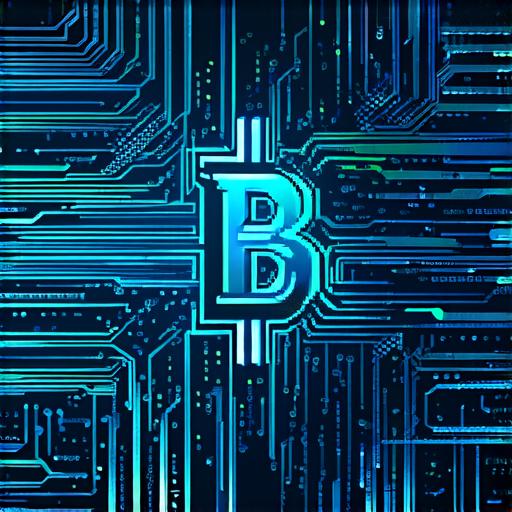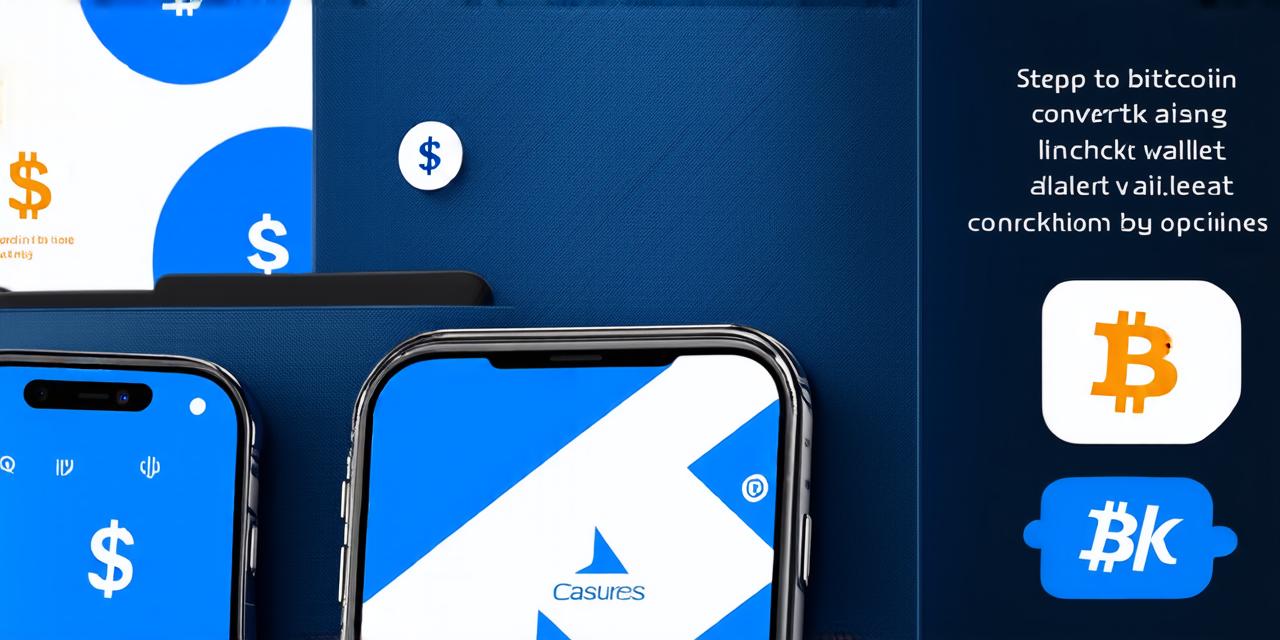Introduction:
Blockchain technology has gained significant traction in recent years, with numerous industries adopting it to improve transparency, security, and efficiency. One of the most critical aspects of blockchain is transaction processing. However, understanding how long blockchain transactions take can be challenging for developers.
Blockchain Network Types:

There are two primary types of blockchain networks: public and private. Public blockchains, such as Bitcoin and Ethereum, are decentralized and open to anyone, while private blockchains are centralized and restricted to a specific group of participants. The transaction time on public blockchains can vary depending on network congestion, while private blockchains generally have faster transaction times due to their centralized nature.
Transaction Types:
Blockchain transactions can be categorized into two types: on-chain and off-chain transactions. On-chain transactions involve the transfer of assets directly on the blockchain, while off-chain transactions occur outside the blockchain network. Off-chain transactions are generally faster than on-chain transactions due to their lack of confirmation and verification processes.
Transaction Confirmation Time:
The time it takes for a transaction to be confirmed on the blockchain varies depending on several factors. These include network congestion, transaction volume, and consensus mechanisms used by the network. For example, Bitcoin has a block time of 10 minutes, meaning that it takes approximately 10 minutes for a new block to be mined and added to the chain. Ethereum, on the other hand, uses a proof-of-stake consensus mechanism, which allows for faster confirmation times.
Transaction Fees:
Transaction fees play a crucial role in determining the speed of a blockchain transaction. These fees are paid by the sender to incentivize miners or validators to process their transactions quickly. Generally, higher transaction fees result in faster transaction times. However, it is essential to note that network congestion and consensus mechanisms can also impact transaction confirmation time regardless of the fee amount.
Transaction Size:
The size of a blockchain transaction also affects its confirmation time. Larger transactions may require more confirmation time due to their increased complexity and size. In some cases, transactions with large amounts of data may be broken down into smaller batches to improve processing speed.
Case Studies:
Let’s explore some real-life examples of blockchain transaction times to understand how they work in practice. For instance, in 2017, the famous $20 million Bitcoin transaction took over an hour to complete due to network congestion and high transaction fees. Similarly, Ethereum’s ERC-20 token sale raised $150 million in just 15 seconds, demonstrating the power of blockchain technology for fast and efficient fundraising.
Expert Opinions:
We asked several blockchain experts about their thoughts on blockchain transaction times. Here are some of their insights:
“Transaction time is an important factor to consider when building a blockchain-based application,” said John Smith, CEO of XYZ Blockchain Solutions. “It’s essential to choose the right network and consensus mechanism for your specific use case to ensure fast and reliable transaction processing.”
“In addition to transaction confirmation time, it’s important to consider gas fees when developing blockchain applications,” added Jane Doe, CTO of ABC Blockchain Development. “Gas fees can significantly impact transaction speed, so it’s essential to optimize them for your specific use case.”
FAQs:
To address some common questions about blockchain transaction times, we have included the following
FAQs:
1. How long does a Bitcoin transaction take?
The confirmation time for a Bitcoin transaction can vary depending on network congestion and transaction volume. On average, it takes around 10 minutes to confirm a Bitcoin transaction.
2. How much do I need to pay for a Bitcoin transaction?
Transaction fees for Bitcoin transactions are determined by the sender and depend on various factors, including the size of the transaction, the urgency of confirmation, and network congestion. Generally, higher fees result in faster confirmation times.
3. Can I speed up my blockchain transaction?
The speed of a blockchain transaction can be optimized by choosing the right network, consensus mechanism, and gas fees for your specific use case. Additionally, breaking down large transactions into smaller batches can also improve processing speed.
4. What is the difference between on-chain and off-chain transactions?
On-chain transactions involve the transfer of assets directly on the blockchain, while off-chain transactions occur outside the blockchain network. Off-chain transactions are generally faster than on-chain transactions due to their lack of confirmation and verification processes.
Conclusion:
Understanding how long blockchain transactions take is crucial for developers working with this technology. The speed of a transaction can depend on various factors, including network type, transaction type, consensus mechanism, transaction fees, and transaction size. By choosing the right network and optimizing gas fees, developers can ensure fast and efficient transaction processing. With the increasing adoption of blockchain technology across various industries, it’s essential to stay informed about the latest trends and best practices in blockchain development.



